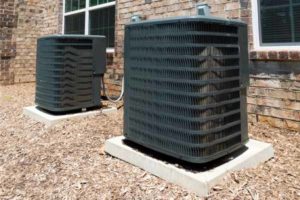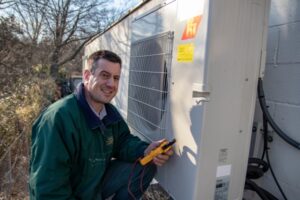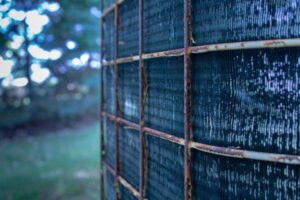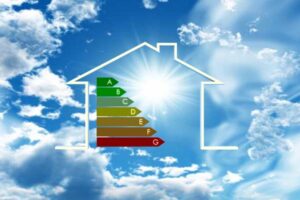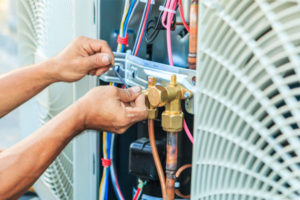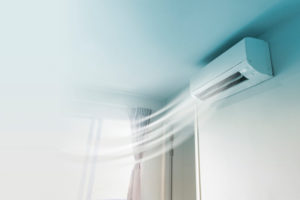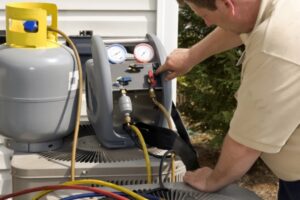Posts
When your air conditioner suddenly won’t turn on, it’s easy to assume the worst. But before calling for a repair, there are several simple, often overlooked factors that may be causing the issue. This article breaks down common reasons behind AC failures and offers practical steps to troubleshoot the problem.
Struggling to choose between a ductless heat pump and a ductless air conditioner? This article breaks down their core differences to help you determine which system best matches your home’s comfort needs. Whether you’re upgrading an old system or planning for year-round efficiency, understanding your options is key before making the switch.
Rust on your air conditioner’s condenser might seem like just a cosmetic issue, but it can signal deeper problems that affect your system’s efficiency and lifespan. Understanding why rust forms and how it impacts your cooling system is essential to keeping your home comfortable and avoiding costly repairs. Continue reading to know more.
With energy prices climbing and older cooling systems struggling to keep up, many homeowners are questioning just how much more efficient newer air conditioners really are. This article explores the latest advancements in AC technology, the meaning behind energy efficiency ratings, and how modern systems stack up against outdated models.
A well-maintained air conditioner can make all the difference when summer temperatures soar. Beyond just keeping your home cool, scheduling a professional AC tune-up comes with several unexpected advantages. Discover why this simple service can lead to long-term savings, better performance, and peace of mind when you need it most.
Upgrading your air conditioner is an investment in comfort and efficiency, but what exactly happens during the installation process? From selecting the right system to final testing, each step ensures optimal performance for years to come. Understanding what to expect on installation day can help make the process smooth and stress-free.
Ductless air conditioners, also known as mini-split systems, provide an energy-efficient alternative to traditional cooling. With no need for extensive ductwork, they offer flexible, zoned temperature control tailored to different areas of your home. But how exactly do they work, and what makes them effective? Let’s explore the mechanics behind these innovative cooling systems.
Cooling a historic home can be tricky—how do you maintain its charm while keeping it comfortable in the summer? Many older homes lack ductwork, making traditional AC installations invasive and impractical. This article explores the unique challenges of cooling historic homes and introduces a modern solution that blends efficiency with preservation.
An aging air conditioner can lead to higher energy bills, frequent breakdowns, and uneven cooling. While repairs might seem like the easy fix, there comes a point where replacement is smarter. This article covers the key indicators that signal it’s time for a new AC—helping you stay cool without unnecessary expenses.
Did you know that a routine air conditioner tune-up can help you cut costs on energy bills, extend your system’s lifespan, and more? Many homeowners overlook this essential maintenance, but the financial benefits are undeniable. Discover how a simple service can improve efficiency, reduce unexpected breakdowns, and keep your home comfortable all season long.

